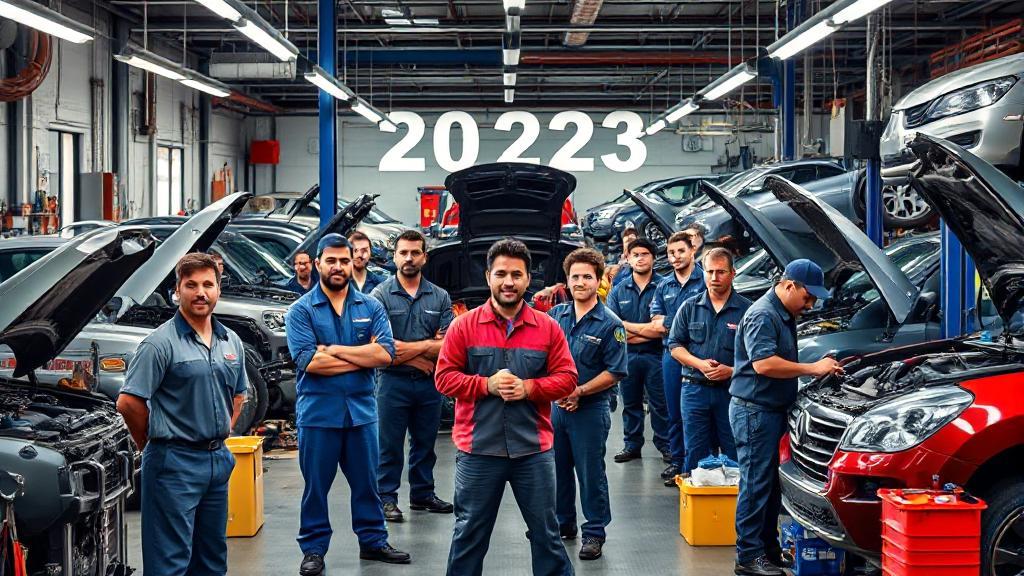Understanding Mechanic Salaries in 2023
The automotive repair industry continues to evolve, with mechanic salaries reflecting both growing demand and increasing technological complexity in modern vehicles. As we explore the financial landscape for mechanics, it's important to understand the various factors that influence their compensation.
Base Salary Overview
According to the U.S. Bureau of Labor Statistics, the median annual wage for automotive service technicians and mechanics was approximately $47,000, though this can range from $25,000 to over $70,000 annually. Experienced mechanics at high-end dealerships or specialized shops can earn significantly more.
Factors Influencing Mechanic Salaries
Several key factors affect a mechanic's earning potential:
- Location: Urban areas and regions with high living costs typically offer higher wages
- Experience: More experienced mechanics command higher salaries
- Specialization: Certain specialties demand premium compensation
- Certification and Education: ASE certifications and formal education can increase earnings
- Workplace type: Dealerships versus independent shops
Salary by Specialization
Different mechanical specializations command varying pay scales:
- Aircraft Mechanics: $50,000 - $90,000
- Diesel Mechanics: $52,000 - $78,000
- Industrial Machinery Mechanics: $55,000 - $85,000
- Auto Body Technicians: $42,000 - $70,000
- Motorcycle Mechanics: $30,000 - $50,000
Highest-Paying States
| State | Average Salary |
|---|---|
| California | $54,500 |
| Alaska | $53,800 |
| New York | $52,900 |
| Washington | $51,700 |
| New Jersey | $51,200 |
Industry Trends Impacting Salaries
Several trends are shaping mechanic compensation:
- Technological Advancements: The rise of electric vehicles and advanced automotive technologies creates demand for specialized skills
- Shortage of Skilled Workers: Growing shortage drives up wages as employers compete for talent
- Increased Focus on Sustainability: Knowledge of eco-friendly technologies becomes more valuable
Education and Training Impact
Formal education can significantly impact earning potential:
- High school diploma/GED: Base salary
- Technical school certificate: +10-15%
- Associate's degree: +15-25%
- Manufacturer certifications: +5-15% per certification
Additional Income Sources
Many mechanics supplement their base salary through:
- Commission-Based Work: 30-50% of labor charges
- Certification Bonuses: $1-$3 per hour per certification
- Specialization Premiums: 20-30% more for diagnostic and computer skills
How to Maximize Earning Potential
- Pursue relevant certifications, especially ASE certification
- Specialize in high-demand areas like EVs or ADAS
- Consider relocating to higher-paying regions
- Develop diagnostic and computer skills
- Build a strong reputation for quality work
For more detailed information, visit the Automotive Service Association, Society of Automotive Engineers, or Bureau of Labor Statistics Occupational Outlook Handbook.
